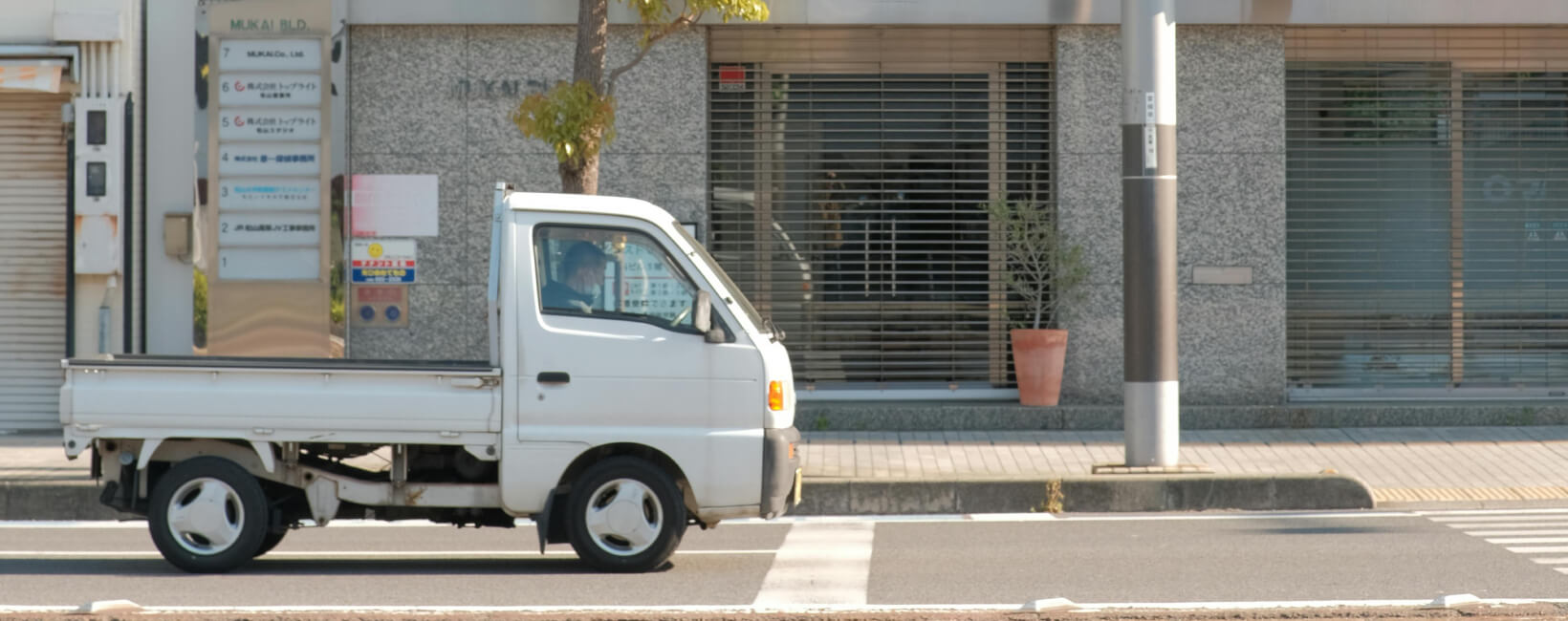As of writing this, the impending 25% tariff set for goods from Mexico and Canada to the USA has been postponed for one month. While the news is fixated on the NAFTA countries, Trump has also stated plans to impose a flat 25% car tariff on all auto imports from other countries, including Japan. We are getting a lot of questions from customers about how these potential tariffs might affect their businesses, and this blog is meant to provide as much clarification as we can. Also, please understand that this could all become irrelevant by the next bit of news that breaks, but we will do our best to paint a picture of what may come.
Does the 25% Tariff on Canadian and Mexican Goods Affect Japanese Imports to the USA?
No, not directly. As noted above, the only tariffs that have been imposed so far have been on Canada and Mexico, which were quickly postponed. Therefore, goods (including cars) imported to the USA from Japan are not affected by the current tariffs that are expected to restart in April.Is There A Car Tariff on Imported Vehicles from Japan to the USA?
Yes, normal passenger vehicles are subject to a 2.5% tax on the price of the vehicle upon importation to the USA from Japan. There is one big exception to this, which is a 25% tax on vehicles classified as a “light truck” by the USA government. Traditionally, this includes vehicles with a cargo tray (bed) in the back and no back seats. So as of now, if you import a car from Japan, expect to pay 2.5% in tax unless it is a truck, in which case you would pay 25% tax.
Will Trump’s Car Tariffs Increase the 25% “Chicken Tax” on Light Trucks?
Unfortunately, we cannot say clearly if any Trump tariff policies would increase the long-standing “chicken tax” on light-duty trucks. From analyzing other trade agreements and the terminology used by the Trump administration, we speculate that he would not add an additional tax on the already set value of 25%. It would be likely that he would simply increase the 2.5% tax on all other vehicle types to match the 25% tax that already exists on light trucks.Do Tariffs on Japanese Imports Affect any Other Aspects of the Industry?
In our super connected world, nothing ever happens in a vacuum. Even before any car tariff terms have been proposed or confirmed, Japanese automakers have begun to increase production and send as many vehicles to the USA as possible, to get them in before such tariffs may apply. This means that shipping routes are getting full, and that may affect business today. We are already getting reports that Roll-On Roll-Off (RORO) shipping vessels are at full capacity for March. From our experience, we do know that new manufacturers have the largest contracts with vehicle shippers and get priority on ships. This means that impending tariffs on Japanese cars may cause current shipping timelines to be delayed from regular schedules.

